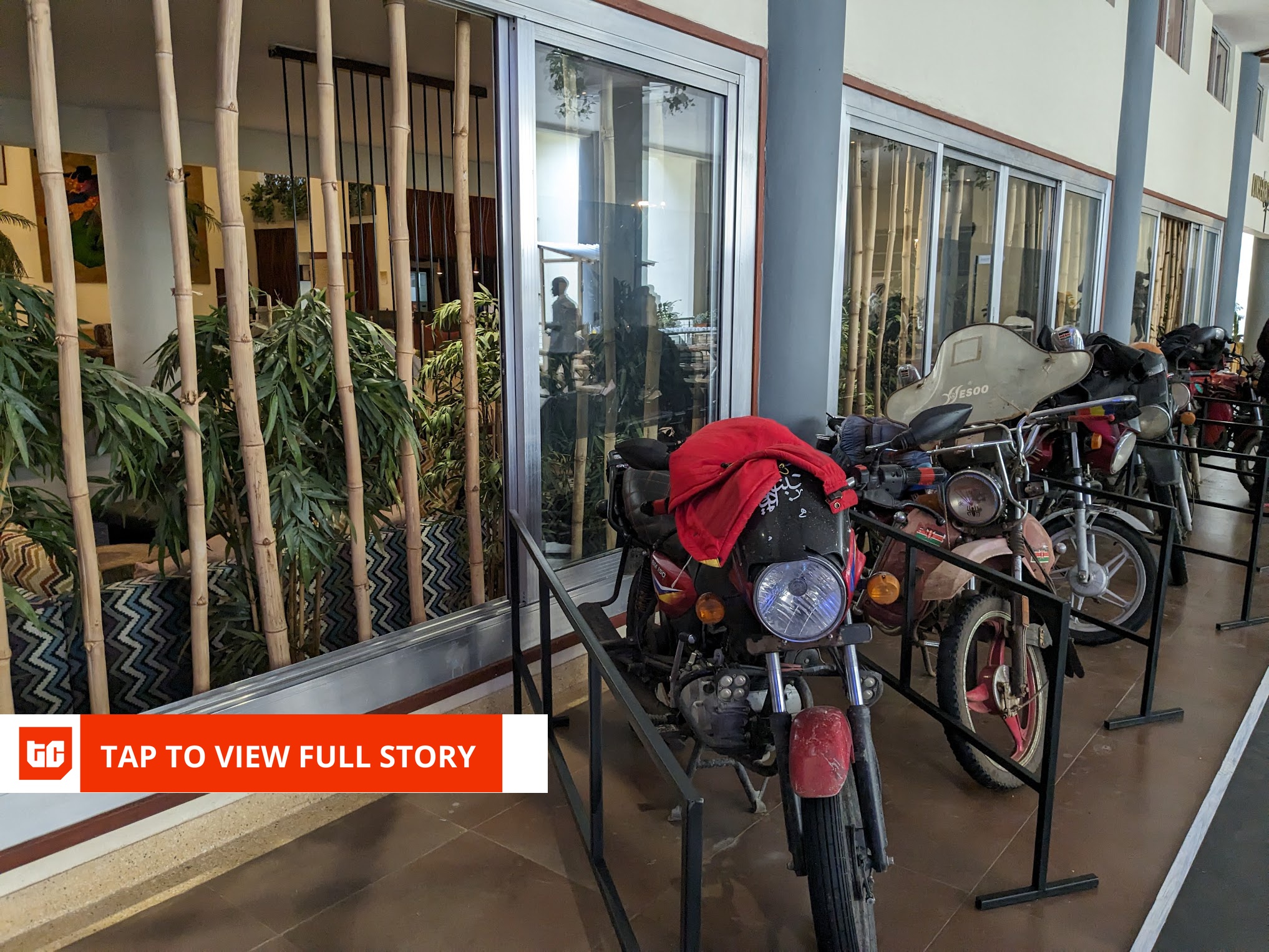The Boda Boda Association of Kenya has vowed to stage a nationwide strike if the Public Transport (Motorcycle Regulation) Bill, 2023, is passed into law. The proposed bill aims to curb reckless riding, enhance road safety, and introduce stricter industry regulations, but riders argue that some provisions are impractical and could put them out of business.
The bill, sponsored by Senator Bonny Khalwale, was debated in the Senate in January 2025 but must still pass through the National Assembly and receive presidential assent before becoming law. If enacted, it would introduce sweeping changes to Kenya’s boda boda industry, which has over 2 million motorcycles in operation and generates an estimated KES 1 billion ($7.7 million) daily, supporting 1.4 million households.
Key Provisions and Controversies
The proposed law introduces strict operational guidelines, including:
- Formal Employment: Boda boda owners must hire licensed riders under formal contracts
- Mandatory Protective Gear: Riders and passengers must wear helmets and reflective vests.
- Passenger Limits: Only one passenger is allowed per trip.
- Cargo Restrictions: Motorcycles cannot carry passengers with heavy loads.
- Commercial Insurance & Tracking: All motorcycles used for public transport must have commercial insurance and be fitted with tracking devices, a requirement riders strongly oppose.
The tracking requirement is unpopular among boda boda riders, who fear government surveillance and increased operational costs.
The law also imposes steep fines and potential jail time for violators.
- Traffic Violations: Riding on pavements, pedestrian walkways, or against traffic on one-way streets will attract a KES 20,000 ($154) fine, six months in jail, or both.
- Criminal Liability for Passengers’ Crimes: If a boda boda rider knowingly transports a passenger planning to commit a crime, they will share legal responsibility unless they had no reasonable way of knowing. Critics argue that this clause is too vague and could lead to unfair arrests.
- Intimidation & Violence: Riders who gang up to threaten or attack others, especially after an accident, face a KES 100,000 ($772) fine, one year in jail, or both.
The Boda Boda Association of Kenya argues that the bill is discriminatory and unrealistic, warning that it could cripple an industry that millions rely on for employment.
Riders also claim the bill favors corporate players and app-based platforms while marginalizing informal operators. Some have called for the government to subsidize insurance costs and offer training programs instead of enforcing punitive measures.
Government’s Position: Cracking Down on Boda Boda Chaos
Supporters of the bill argue that it is necessary to restore order on Kenyan roads. Boda bodas have been linked to thousands of road accidents annually, with government data showing they contributed to over 4,000 fatalities in 2023 alone.
The debate over boda boda regulation has long been politically sensitive. In 2022, while campaigning for the presidency, William Ruto urged police to ease crackdowns on boda boda riders, acknowledging the industry’s economic significance.
If Ruto’s government supports the bill, it could alienate a key voter base, but opposing it could signal tolerance for disorder. As the bill moves to the National Assembly, it remains to be seen whether the government will push for amendments or support it as is.












